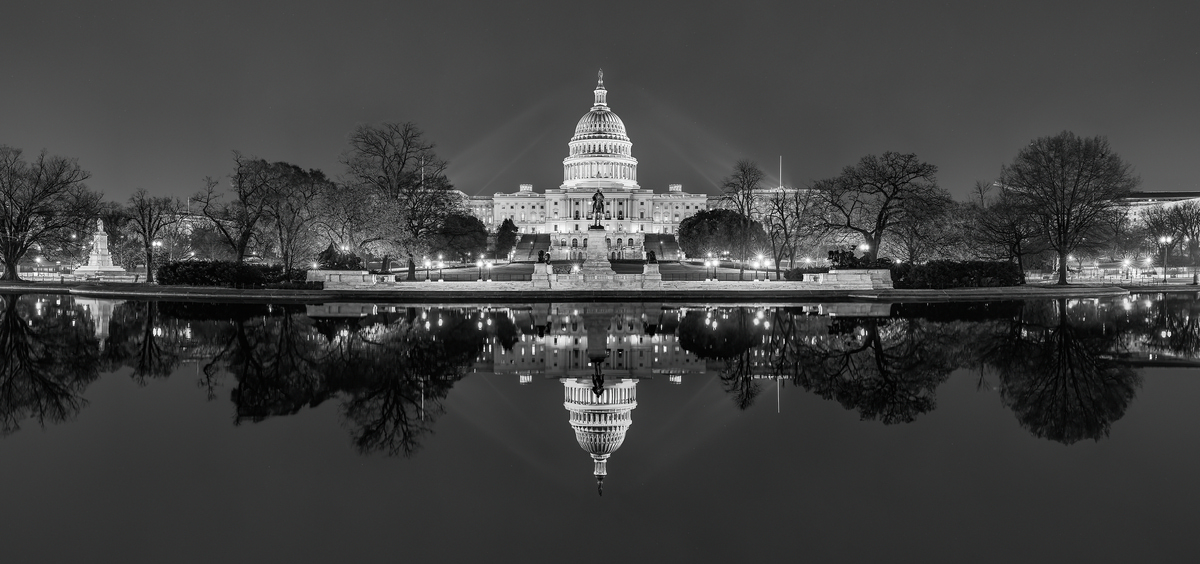May 13th
Topics and Speakers are subject to change.
Sessions listed in Eastern Standard Time.
Location: AEI Rotunda
Location: AEI Dining Room
Location: Auditorium
Location: Auditorium
What factors enable people to escape poverty? In her groundbreaking book, The Two Parent Privilege, economist Melissa Kearney argues that family structure contributes enormously to people’s socioeconomic mobility. In her keynote address at Old Parkland 2025, Kearney will address how closing the “marriage gap” could enable left-behind communities to thrive.
-
- Melissa Kearney, Professor, University of Maryland
Location: Auditorium
AEI Senior Fellow Ian Rowe will join Melissa Kearney to discuss The Two Parent Privilege and her keynote on family structure and social mobility. The pair will explore to what extent differences in family structure account for economic disadvantage in America, charting a course forward on black advancement in the 21st century.
-
- Melissa Kearney, Professor, University of Maryland
- Ian Rowe, Senior Fellow, American Enterprise Institute
Location: Auditorium
-
- Ian Rowe, Senior Fellow, American Enterprise Institute
May 14th
Topics and Speakers are subject to change.
Location: Auditorium
Location: Auditorium
In exploring solutions to place-based poverty, some have proposed simply moving families to more functional communities. Policies such as housing vouchers have seen limited success, pointing toward at least one solution to improving disadvantaged folks’ shot at the American Dream. Benjamin Goldman, Kevin Corinth, and Harry Holzer explore the merits of such proposals, and what components contribute to the maintenance of flourishing communities in the first place.
-
- Kevin Corinth, Senior Fellow, American Enterprise Institute
- Benjamin Goldman, Assistant Professor of Economics, Cornell University
- Harry J. Holzer, Professor, Georgetown University
Location: Auditorium
What if crime isn’t purely a function of poverty? Raphael Mangual presents a new theory for what he thinks causes crime. Following his brief presentation, Mangual will be joined on-stage by Rajiv Sethi and Glenn Loury to diagnose crime’s causes and forge new solutions that protect public order while upholding civil rights
-
- Glenn Loury, Merton P. Stoltz Professor of the Social Sciences, Brown University
- Raphael Mangual, Nick Ohnell Fellow, Manhattan Institute
- Rajiv Sethi, Professor of Economics, Barnard College, Columbia University
Location: Auditorium
At the height of the COVID-19 pandemic in 2022, American students were, on average, over half a year behind in reading and a third a year behind in math. The effects of learning loss still linger with us, threatening the socioeconomic futures of a generation of learners – with minority students disproportionately affected. But this generation need not be the “Lost Generation.” During this session, Eric Hanushek, Nat Malkus, Dan Goldhaber, and Macke Raymond will discuss the effects of learning loss and explore potential solutions.
-
- Dan Goldhaber, Director, American Institutes for Research
- Eric Hanushek, Senior Fellow, Hoover Institution
- Nat Malkus, Senior Fellow, American Enterprise Institute
- Macke Raymond, Director, Program on K-12 Education, Hoover Institution
Location: Auditorium
Location: Auditorium
Rob Henderson argues that many beliefs held in vogue by our elite class — “Defund the Police,” for example – are “luxury beliefs,” or status symbols, instead of thoughtful policy opinions. In this session, Henderson and Ian Rowe discuss the negative effect luxury beliefs have had on black advancement.
-
- Rob Henderson, Senior Fellow, Manhattan Institute
- Ian Rowe, Senior Fellow, American Enterprise Institute
Location: Auditorium
In 2024, a record number of minority voters cast their votes for Donald Trump, including nearly a third of black men. What caused this shift? What does the Republican Party’s gains among minority voters portend for the future of American politics?
-
- Wilfred Reilly, Associate Professor, Kentucky State University
- Patrick Ruffini, Founder, Echelon Insights
- Ruy Teixeira, Senior Fellow, American Enterprise Institute
Location: Auditorium
-
- Howard Husock, Senior Fellow, American Enterprise Institute
Location: Roof
Location: Auditorium
AEI President Robert Doar joins Brookings Institution President Cecilia Elena Rouse to review the various topics explored throughout the duration of the conference, exploring how social mobility might be promoted today and in the future.
-
- Robert Doar, President, American Enterprise Institute
- Cecilia Rouse, President, Brookings Institution
Location: Dining Room
Location: Roof

